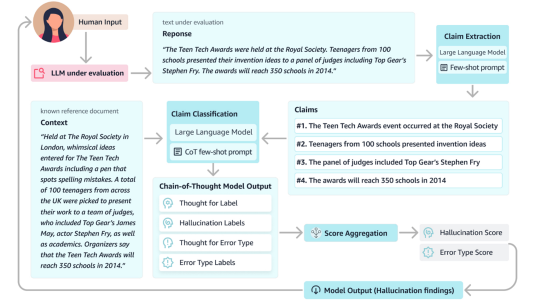Flexible state tracking for goal-oriented dialog systems
2018
Goal-oriented dialogue systems typically rely on components specifically developed for a single task or domain. This limits such systems in two different ways: If there is an update in the task domain, the dialogue system usually needs to be updated or completely re-trained. It is also harder to extend such dialogue systems to different and multiple domains. The dialogue state tracker in conventional dialogue systems is one such component — it is usually designed to fit a well-defined application domain. For example, it is common for a state variable to be a categorical distribution over a manually-predefined set of entities (Henderson et al., 2013), resulting in an inflexible and hard-to-extend dialogue system. In this paper, we propose a new approach for dialogue state tracking that can generalize well over multiple domains without incorporating any domain-specific knowledge. Under this framework, discrete dialogue state variables are learned independently and the information of a predefined set of possible values for dialogue state variables is not required. Furthermore, it enables adding arbitrary dialogue context as features and allows for multiple values to be associated with a single state variable. These characteristics make it much easier to expand the dialogue state space. We evaluate our framework using the widely used dialogue state tracking challenge data set (DSTC2) and show that our framework yields competitive results with other state-of-the-art results despite incorporating little domain knowledge. We also show that this framework can benefit from widely available external resources such as pre-trained word embeddings.
Research areas




